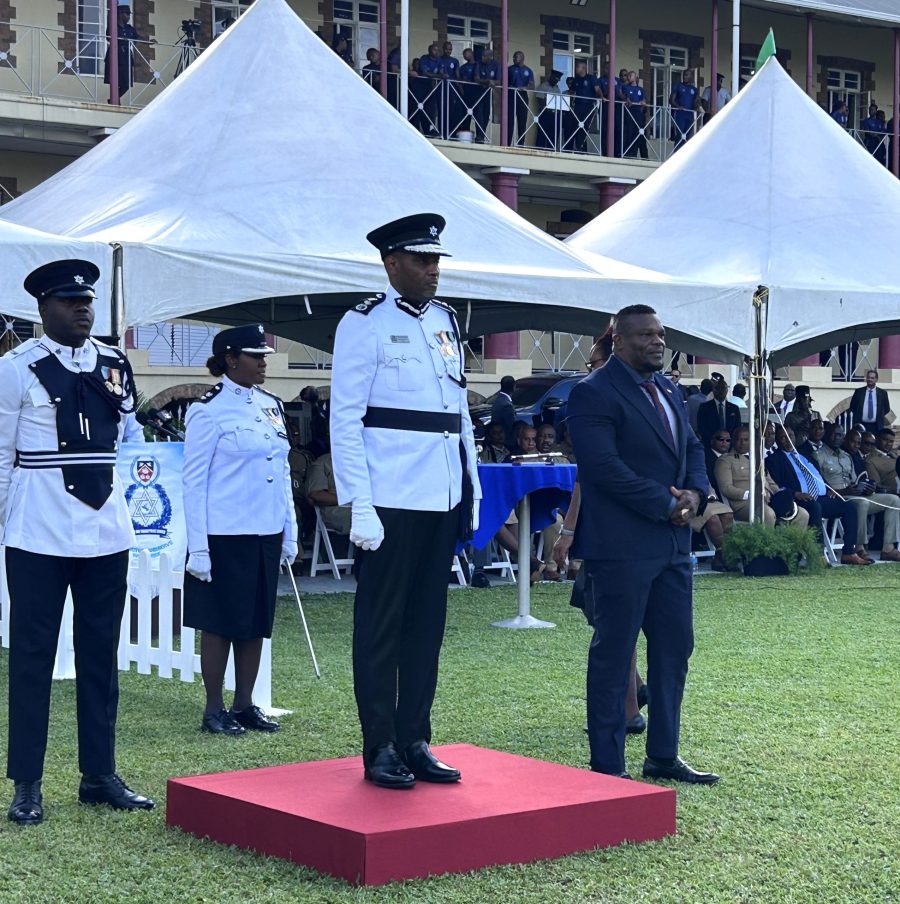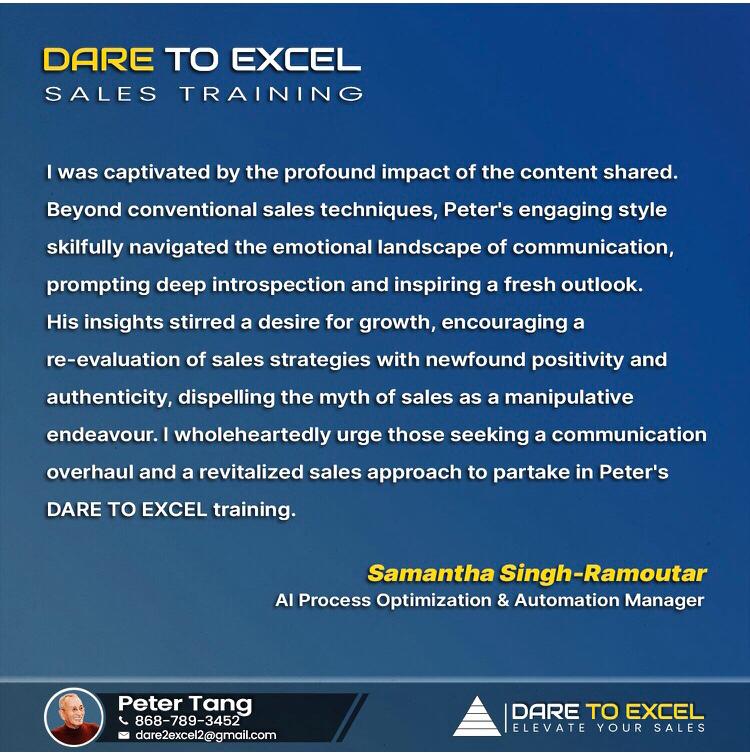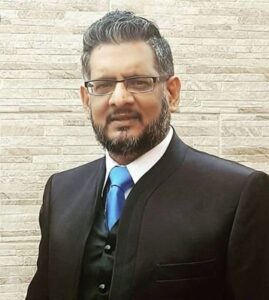Caption: Commissioner of Police Allister Guevarro
By Sue-Ann Wayow
COMMISSIONER of Police Allister Guevarro continues to defend the actions of police officers engaged in firearm combat with criminals.
He said on Thursday, criminals will behave no differently when they see police officers than when they are committing a crime.
The Trinidad and Tobago Police Service (TTPS) was willing to work with the Police Complaints Authority (PCA) to investigate any cases of wrongful police shootings, the CoP said.
Guevarro’s comments come one day after three men who were shot by police in two separate incidents in Tacarigua and Valencia on Wednesday eventually died.
To date, 10 people have died after being shot by police since the declaration of the State of Emergency (SoE) on July 18.
Guevarro was the featured speaker at a Chaguanas Chamber of Industry and Commerce (CCIC) breakfast seminar on security and strategic planning held at Passage to Asia.
He said, “There is now public debate about police involved shootings and the public debate, some people calling extra judicial killings. I want to assure the public here today that the TTPS has always and shall continue under my watch to be able to independently investigate its own and if wrong doing is found, prosecute those who are found to be doing wrong.
“We are also ably assisted by the Police Complaints Authority which is an independent oversight body and we welcome any cooperation with that entity.”
The CoP also spoke about a recent video circulating on social media at a bar in Penal.
He said, “The first thing you see in their hand is a gun and they start shooting immediately. There is a clip from over the weekend in Penal, they run in the bar shooting. I am unsure why certain elements in the public would believe that when they (the criminals) see the police they would do anything differently. They engage the police just as fast as they would engage the members of the public.”
Guevarro also said, “They know that the persons they are going to attack in the bars are unarmed and they still come in shooting, so if you know that the police officer is armed you know what they going to do, as soon as they see the police vehicle they pull out their guns.”
And he again called for persons with illegal firearms to give them up.
The breakfast meeting was sponsored by the Firearms Training Institute Ltd.
Chaguanas population increased but police presence did not
CCIC’s President Baldath Maharaj in his remarks said crime was affecting the way citizens live with businesses closing earlier than normal, families living behind burglar proofing and CCTV cameras with cloud storage or hidden DVRs, and employees have a fear to leave work after dark.
He noted that the CCIC was the first to call for the postponement of a criminal’s rights if they enter a property illegally and also raised the national alarm on extortion in Central Trinidad.
Addressing Guevarro, Maharaj said he understood he had a difficult job as CoP.
Maharaj said, “The TTPS operates in difficult circumstances, with limited resources and high expectations. The population in this borough increased by 50 per cent over the last 12 years, and some more crime hotspots. But the manpower of the police service did not increase significantly. We want to hear your plan, what strategies you will use, what measurable results can we expect, and how businesses can collaborate directly with your officers.”
Maharaj also said the chamber was expectant to hear the positions on Stand Your Ground legislation, the application process for a Firearm User License (FUL) and what can be done to improve on the travel advisories sent out by the US State Department.
He told Guevarro, “Commissioner, the FUL process has become a source of deep frustration. People apply, wait one year, two years, and hear nothing. No status, no response, no clarity. If the system broken say so. If it needs reform, reform it. But don’t leave law-abiding citizens feeling powerless.”
The chamber president said the CCIC always maintained a very good relationship with the Chaguanas Police Station and looked forward to deepening that relationship.
Maharaj said, “As the President of this Chamber, I want to make our position clear: We will continue to advocate. We will continue to hold all agencies accountable. And most of all, we will work alongside anyone who is serious about real, sustainable change.”
![]()















